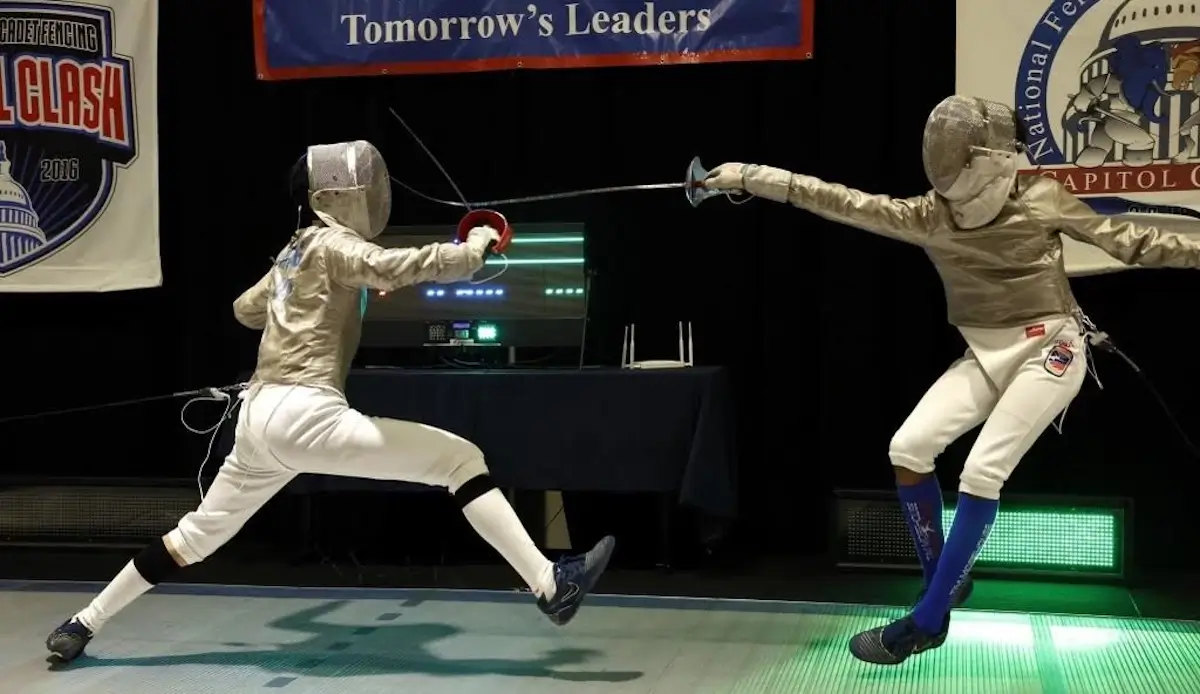When it comes to sports, many people dream of reaching the top—winning medals, representing their country, or earning scholarships. However, the road to success in traditional sports like soccer, basketball, or swimming is fiercely competitive. These sports have millions of participants globally, and breaking through to the elite level is exceedingly rare. In contrast, fencing offers a unique combination of accessibility, opportunity, and reward that makes it a more attainable path to success.
Here’s why fencing stacks the odds in your favor:
1. Smaller Talent Pool Means Less Competition
Unlike mainstream sports that attract millions of athletes from a young age, fencing remains a niche sport with a comparatively smaller number of participants. For example, while thousands of athletes might compete in regional swimming or soccer competitions, fencing tournaments typically have fewer participants. This smaller pool makes it easier to stand out and climb the ranks.
Furthermore, countries where fencing is well-developed often provide robust training opportunities and national support systems. If you’re serious about the sport, there are ample chances to work with experienced coaches and enter international competitions.
2. Pathways to Academic and Athletic Opportunities
Fencing offers a direct pipeline to prestigious colleges and universities. In countries like the United States, fencing is an NCAA-sanctioned sport, and many top schools—such as Harvard, Princeton, and Stanford—actively recruit fencers for their teams. Scholarships and recruitment opportunities in fencing are more plentiful than in oversaturated sports like basketball or football.
Even outside the U.S., fencing is highly respected by admissions offices globally. The sport requires discipline, strategy, and mental toughness—qualities that elite universities prize in their students.
3. An Equalizer for Late Starters
Most mainstream sports require athletes to begin training at a very young age to compete at the highest level. In fencing, however, late starters can still achieve remarkable success. Many accomplished fencers begin training in their teens and rise quickly through the ranks with dedication and proper coaching. This flexibility makes fencing accessible to individuals who might not have had early exposure to competitive sports.
4. Physical and Mental Balance
Fencing rewards strategy and mental acuity as much as physical fitness. While natural athleticism is helpful, it’s not the only determinant of success. Fencers must outthink their opponents, develop tactics on the fly, and master precise technical skills. This makes it a sport where intelligence and determination can outweigh pure physical advantage, giving more athletes the chance to excel.
5. A Global and Inclusive Sport
Fencing is one of the few sports included in every modern Olympic Games. It has a thriving international community, and its competitive structure ensures regular opportunities for athletes to gain recognition. Whether you dream of national championships or Olympic gold, fencing provides a clear pathway to achieve your goals.
Additionally, fencing is gender-inclusive and offers equal opportunities for men and women to compete at the highest levels. The sport also has adaptive fencing divisions, further broadening its accessibility.
6. Lifelong Benefits Beyond the Medal Stand
Even if you don’t become a world champion, fencing imparts lifelong skills that extend far beyond the sport itself. The discipline, strategic thinking, and mental toughness developed in fencing are assets in academics, careers, and personal growth. These qualities are often recognized by employers and admissions officers, making fencing a standout extracurricular activity with real-world benefits.
Conclusion
Success in sports often requires navigating a crowded field and enduring years of grueling competition. Fencing, however, offers a more achievable path to recognition, scholarships, and personal growth. Its smaller talent pool, balanced physical and mental demands, and unique opportunities make it a standout choice for athletes looking to excel.

